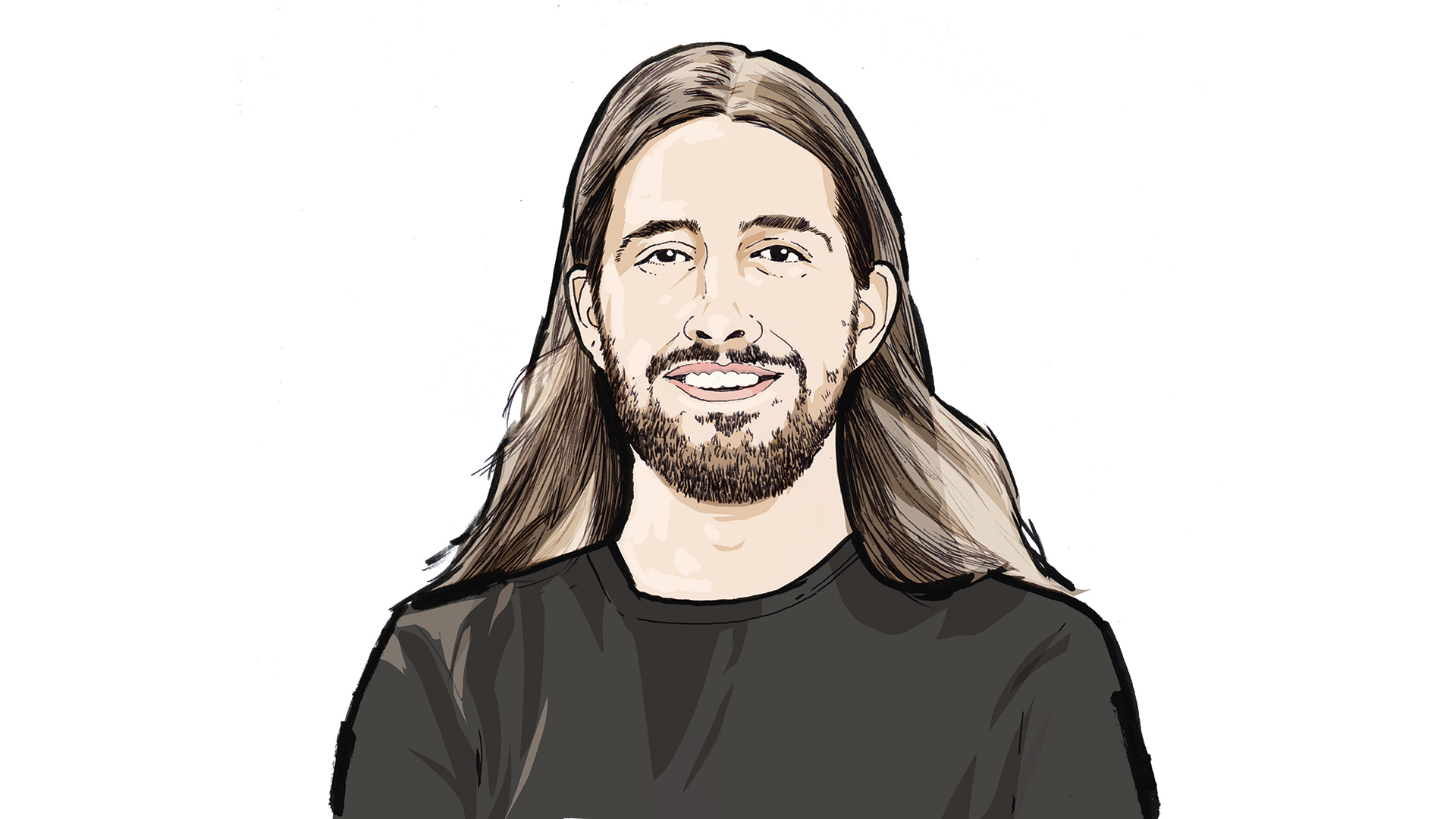Joris Lam’s big idea to cut air pollution changed life in Amsterdam neighbourhoods for good. He invented TreeWifi, digital birdhouses installed around the city which pushed people to work together for cleaner air. They were rewarded with free wireless internet when sensors embedded in the birdhouses detected significant improvements.
Lam, by his own admission, was no high-flyer in school. “I was the worst student in the world,” he laughs. “I got kicked out of high school and dropped out of university in the first year.” He fell into entrepreneurship when he realised he needed an outlet for his creativity, but struggled to cope with the school system and authority.
When he was 20, Lam launched his own company making video content for apps. “I somehow shamelessly approached these huge companies as a kid making videos with my mum’s camera, and talked my way into work,” the designer, now 28, recalls. The business grew steadily for four years, hired employees, and Lam was on to a winner in the digital media sphere. But he wanted to give education another shot, so in 2015 he left the company and applied for art school.
We are facing extinction… But it can be paralysing to think about it in that way
Part of the application was a required portfolio of design ideas. Lam had always been passionate about the environment, he says, and was interested in the idea of making a complex problem easy to understand and tackle. He felt vindicated when he discovered that Amsterdam only measured air pollution in 14 places across the whole city at the time. This was how he came up with TreeWifi.
But the art school wasn’t impressed and Lam was rejected. “They thought I was absolutely mental!” he laughs. “I really believed in it though. So I put the art school dream behind me and built a prototype – it wasn’t functional, I didn’t have the skills, but it looked good enough to get people excited about it online. The project really blew up and I was able to fund a start-up through grants and crowdfunding.” Specialists were keen to get involved, and at its height Lam was managing a team of 20 scientists and developers.
Lam led TreeWifi to partner up with Vodafone and T-Mobile to provide a robust wifi network. Each was installed with something similar to a sim card, and when air pollution dropped the birdhouses would glow green and function like a mobile phone hotspot. The team developed an app, too, which allowed locals to see their local air quality levels in real time – and compete with neighbouring streets.





